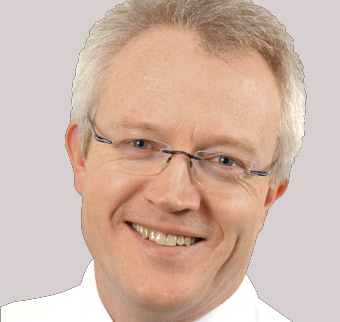More needs to be done to plan workforce, says BDA
Increasing demand for complex dental care and services for special needs patients must be addressed
Progress has been made with regards to workforce planning in Northern Ireland, but more needs to be done to address the increasing demand for dental care in the province, according to the British Dental Association.
The association has welcomed the progress the Department of Health, Social Services and Public Safety has made towards carrying out dedicated workforce planning for dental professionals, but it has said that the increasing demand for more complex and specialised dental care needs to be addressed.
Peter Crooks, chair of the BDA’s Northern Ireland Dental Practice Committee said: “Workforce planning is welcome and much needed in order to enable the population needs for general and specialised dental services to be met in future.
“But effective workforce planning is key to enabling sufficient numbers of clinicians to have those skills necessary for patient care.
“It is clear from the expansion in demand for dental services over the last ten years, that informed dental workforce planning is necessary, but this must be underpinned by contractual arrangements for the workforce in the future.”
The number of patients registered in the General Dental Service in Northern Ireland has risen from 908,266 in 2005 to 1,145,472 in 2014, and the BDA believes this figure is likely to continue to rise.
The association also says that an ageing and increasingly dentate population, increasing need for provision of services to special-needs patients, as well as growing expectations from patients about all types of dentistry are leading to an increased demand for complex and specialised care.
The BDA has expressed its concern that there will not be enough dentists to meet this rising demand in the future. Figures from the HSC’s Business Services Organisation show that the number of dentists increased from 761 in 2005 to 1,044 in 2012. However, in the following three years the increase has slowed to a total of 1,049 in 2013, 1,056 in 2014 and 1,057 in 2015.
